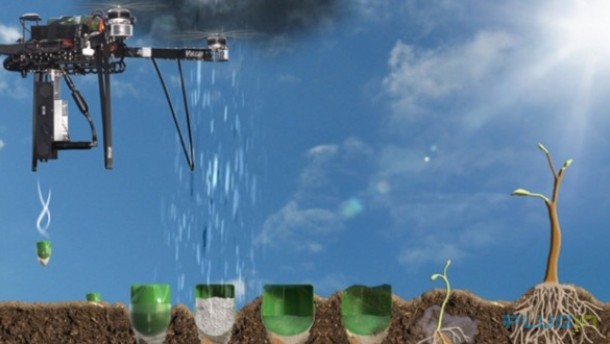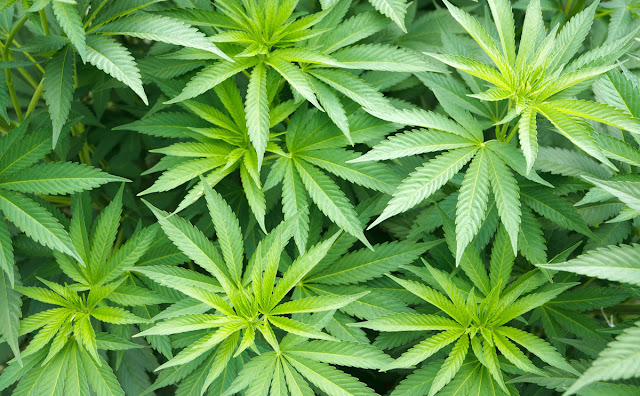Drones Could Plant 1 Billion Trees a Year

Drones are taking on deforestation and planting trees more efficiently than ever before. Currently, more than 6.5 billion trees are lost each year because of human activities--burning land to make way for livestock, harvesting wood, etc.--and natural disasters. Replanting efforts have accelerated in recent years and deforestation has slowed, but there's still a major gap between trees destroyed and trees planted. Throughout history, humanity has created a major tree deficit that will be hard to close. In all, it's estimated that the global tree population has dropped 46% since the dawn of human civilization . Typically, replanting is done by hand because trees require careful preparation to grow properly. Human labor, of course, has limits and so replanting efforts tend to be modest. A former NASA scientist realized that the current model would never close the deforestation deficit, so he devised a strategy to accelerate the process, and it depends on



